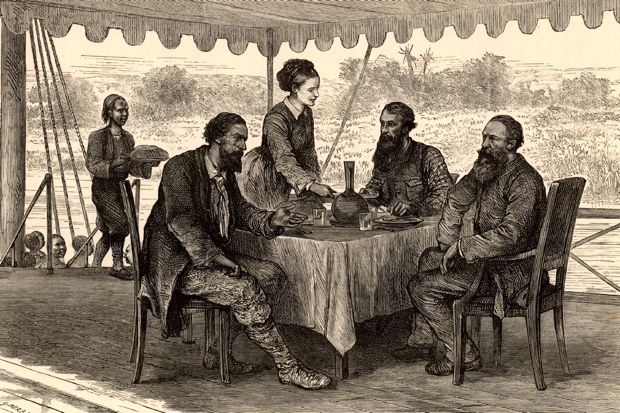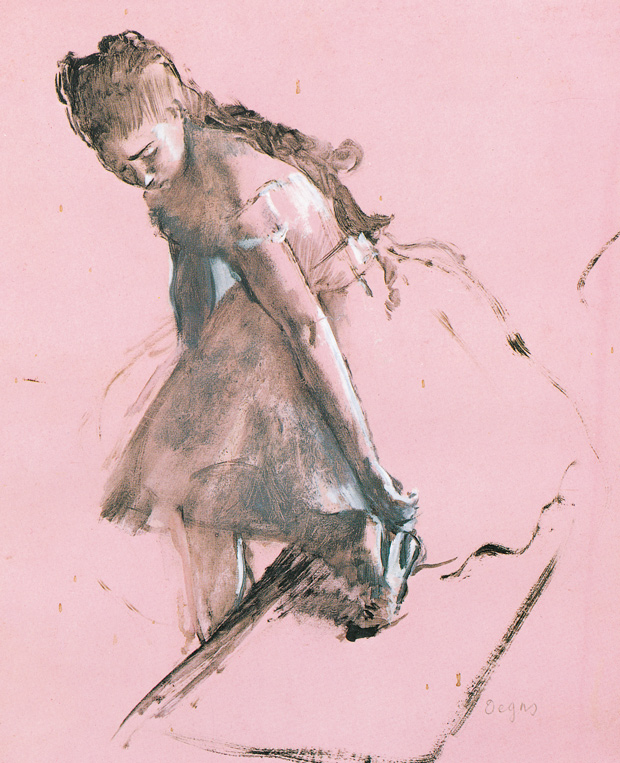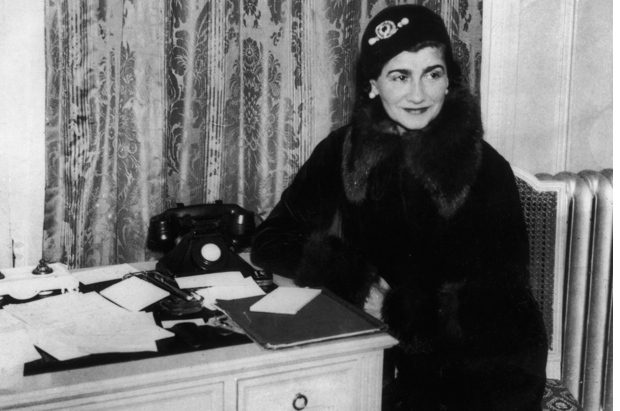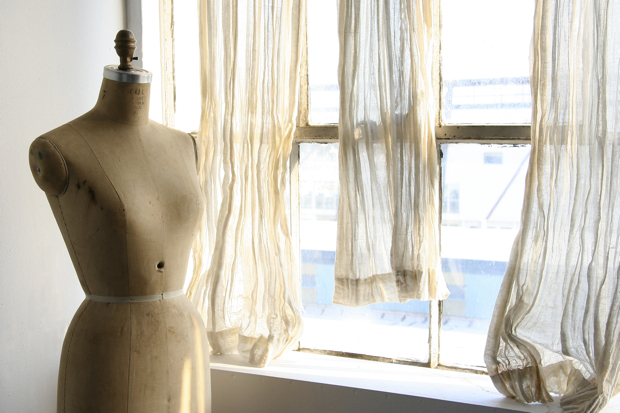Sudan — a country that ceased to exist in 2011 — is or was one of the last untouristed wildernesses on earth. And for good reason: while it still existed it was the biggest country in Africa, a mainly flat and uninhabitable wasteland, mostly brown, with barely a mountain or a bosky valley to its name, unbearably hot, unhealthy, poor, and full of every sort of trouble. And yet …
The author of this new book on what are now the two Sudans — the country has voluntarily split into two lesser states — says that this is one of the world’s most interesting places. That is true. As anyone who has spent time there will tell you, the Sudans (as we must now call them) both north and south exert a fascination. There is something both entrancing and horrifying about this territory, with its populations of infinitely hospitable people, its mind-stretching million square miles, its southern swamplands and eerie dry forest provinces, its sweet Nilotic villages and dusty diesel-fume towns, and its almost limitless capacity for brutal self-harm.
This book is mainly concerned with what happened after the recent secession of the southern part of the country, creating what was certainly the world’s newest and possibly least viable state. The split was a disaster for both parts of Sudan. But to explain how things got to that point it is necessary to go back.
Sudan was always a fiction. When the British sent an expeditionary force down the Nile to attack the forces of the late 19th-century Islamist known as the Mahdi it was in a belated fit of vengeance for the death of the British mercenary and anti-slavery agent General Gordon. Thus the blistering desert of northern Sudan was acquired.
For hundreds of miles to the west there were territories perpetually fought over by nomadic herders and migratory farmers. By default they were acquired too. The southern territories were incorporated to keep the French out, bringing into Sudan the rain-fed lands that extend down to the borders of Kenya, Uganda and what is now the Democratic Republic of Congo. The whole thing was wrapped up in a single bundle called Sudan, and fiction upon fiction, the British pretended that what they called the ‘Condominium’ was all run by Egypt, with just a little London help.
Amazingly, this version of Sudan lasted for more than a century. The trouble was it was not one country, but at least two, and arguably quite a few more. Could it be made into a country? Difficult. The British simply ducked the problem and treated southern Sudan like a private game park, effectively off limits to the northerners. Christian missionaries were allowed in, but Islam was kept out. There were no real roads, no industry, no organised economy at all, and the region was far from the sea and far from any existing trade routes apart from the slave trade. What could you do with such a place? The British decided, do nothing.
Meanwhile the north got a rail network that extended to the Red Sea and to Egypt, and eventually a basic but functioning export economy based on cotton. There was education too, although it was on the usual model of training up a subservient elite, public-school style, to be charged with administering the colonial project. As elsewhere, the basics were neglected. It might have been different if the British had seen independence coming, but they didn’t.
Modern Sudan has known very little peacetime. Two north-south civil wars followed independence in 1956, the second being extraordinarily violent, costing at least two million lives, mainly in fighting between southern factions (which continues to this day), while other conflicts over land and power on the eastern borders and in the far western province of Darfur have been hardly less destructive.
The two countries that have now emerged from this bloody history are each in their way crippled. South Sudan has the misfortune of having exportable quantities of oil, and the former freedom fighters turned gangsters who hold power have spent the years since peace was agreed in 2005 carving up the cash and stealing it. North Sudan (officially just called Sudan), shorn of almost all the oil, is restive and bankrupt. Its debts are astonishing, and western sanctions maintained in an atmosphere of mutual vindictiveness mean it cannot get rid of them. It survives by begging tiny loans from the Gulf.
Could it have been different? Could Sudan have made a go of nationhood? John Garang, the tactical genius who led the south in the second civil war, certainly thought so — but he died in a helicopter accident weeks after signing the peace. The differences between the many peoples of the Sudans could hardly be starker, but does that mean separation?
The idea of this book with its terrific title is to answer that by going to individuals. The author is a former BBC correspondent in the Sudans, and he has put together all the many personal interviews he conducted over the past few years, north and south, to colour in a historical narrative. Just about everyone gets a word in, from the politicians, to cattle herders, to rueful southern intellectuals contemplating the chaos that southern independence has brought, to tough fist-fighting local governors, to tea ladies in the market.
It does read a bit like a long, disorganised magazine article but it is still very interesting and informative — and anyway the job of picturing fully this teeming place would defeat even the most panoramic of novelists.
If the story of the Sudans were a novel though, this would not be a satisfying ending. Neither side has found resolution. A better plot might be for the two parties to get back together, having found life apart even worse than life together. It’s not realistic, but fiction has worked for Sudan before.
Got something to add? Join the discussion and comment below.
Get 10 issues for just $10
Subscribe to The Spectator Australia today for the next 10 magazine issues, plus full online access, for just $10.
Available from the Spectator Bookshop, £17.99, Tel: 08430 600033
You might disagree with half of it, but you’ll enjoy reading all of it. Try your first month for free, then just $2 a week for the remainder of your first year.














Comments
Don't miss out
Join the conversation with other Spectator Australia readers. Subscribe to leave a comment.
SUBSCRIBEAlready a subscriber? Log in